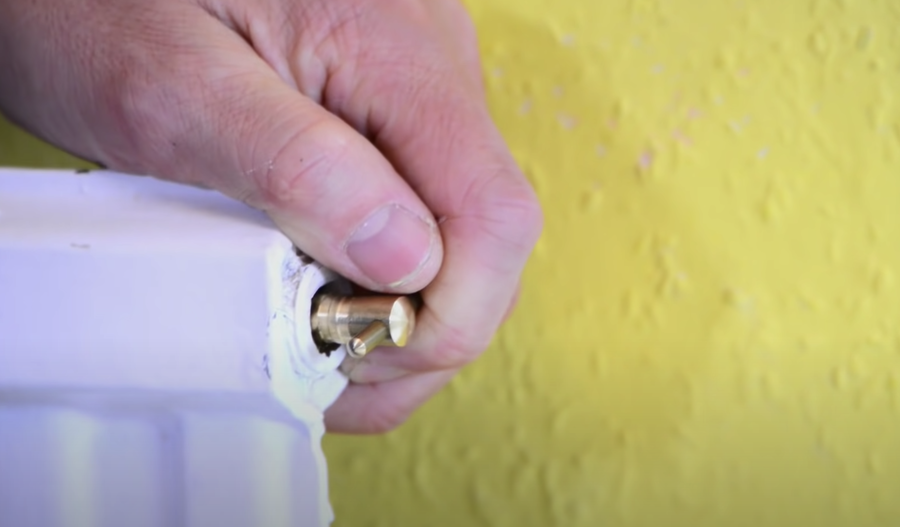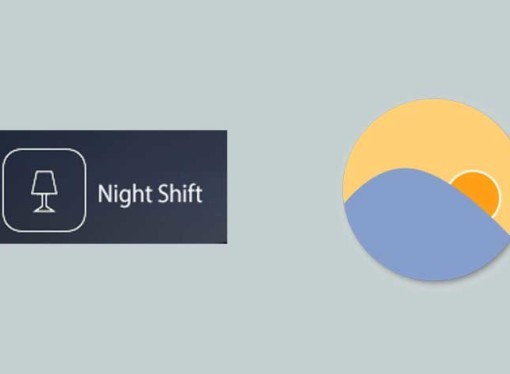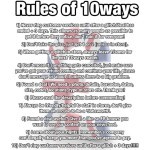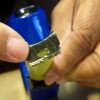If your radiators have cold spots or aren’t heating up as well as they used to, it’s likely that they need to be bled. Bleeding radiators is a simple process that anyone can do, and it’s something that you should do on a regular basis to keep your heating system running efficiently.
There are two main reasons why you should bleed your radiators:
- To remove any air that has become trapped in the radiator. When air is trapped in a radiator it prevents heat from circulating properly, which means that your radiator won’t be as effective at heating up your home (therefore your boiler will work harder to heat your home which will cost you more money).
- To top up the water level in the radiator. Over time, the water in your radiators can start to evaporate, which means that the radiator won’t be able to function as effectively.
Bleeding a radiator is a simple process that only takes a few minutes. All you need is a radiator key (which you can buy from most hardware stores or as little as £2 delivered) and a towel to catch any drips. This video from Silverline tools is a great how to guide:
- Turn off your heating system
- Locate the bleed valve at the top of the radiator. This is usually a small square or oval-shaped valve.
- Place your towel underneath the bleed valve to catch any drips.
- Insert your radiator key into the bleed valve and turn it clockwise until you hear a hissing sound.
- Once the hissing sound stops, close the bleed valve by turning it anti-clockwise.
- Double check your boiler pressure and top that up if required
It’s a good idea to bleed your radiators on a regular basis, preferably at least once a year. This will help to keep your heating system running efficiently and prevent your radiators from becoming clogged with air.






























